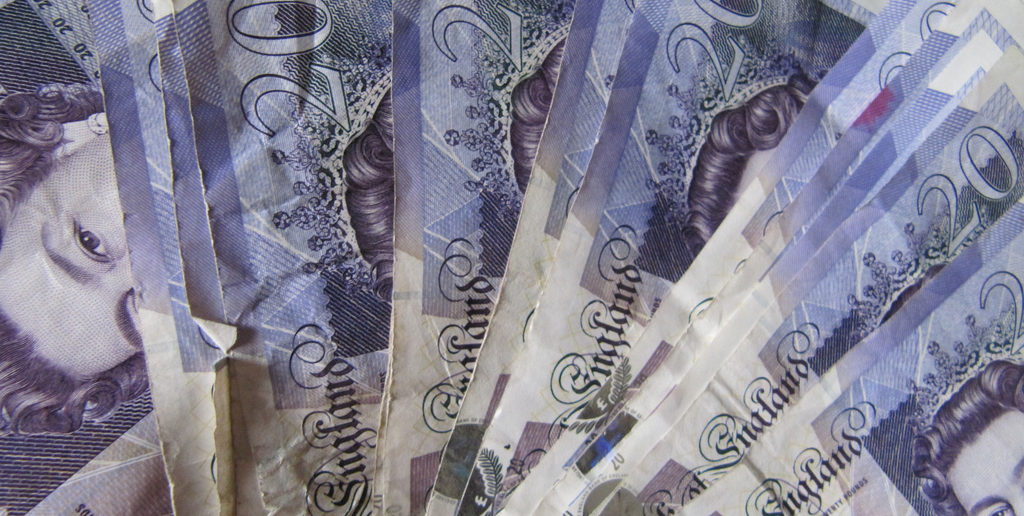The UK’s black market spans a variety of sectors, from the illegal importing of rhino horn from Africa for traditional Chinese medicine to cigarettes smuggled into the country to avoid tax, and business is booming.
The global black economy is worth an estimated £1.14 trillion per year, around two per cent of the global gross domestic product (GDP), with illegal drugs, prostitution, and counterfeit pharmaceutical drugs making up a large proportion of that value.
Now that elements of the black economy, such as prostitution and sale of illegal drugs, are included in the UK’s official economic statistics for the EU, the scale of the issues are more important than ever.
Cigarettes
Although tobacco products are legal to buy for anyone over the age of 18, there is a flourishing market for cigarettes which have been smuggled into the country to avoid UK duty. In many cases, these cigarettes are exactly the same as those available legally, but often they have been produced for sale in countries without such strict regulations and quality control measures. As a result, they may contain increased levels of toxic substances and present a greater harm public health. Duty makes up around 90% of the cost of a packet of cigarettes in the UK, and there is a growing concern that the low cost of illegally imported cigarettes also makes them more attractive to teenagers and their limited budgets.
Illegal Drugs
While the scale of the illegal cigarette trade is rarely discussed in the press, the drug market frequently makes the headlines. It is estimated that drug dealers in the UK make a combined turnover of over 8 billion – 40% of the turnover of all alcohol sales. These staggering revenues are primarily derived from the sale of Cannabis, Cocaine and Ecstasy, which are the most popular illegal drugs consumed in the UK, and are imported from all over the world in vast quantities every year.
Prostitution
The UK does not allow prostitution, unlike some other European countries such as Germany or the Netherlands. Offering sexual services is strictly illegal but nevertheless, brothels continue to thrive in the UK, with the Office of National Statistics (ONS) reporting that prostitution contributes an estimated £5.3 billion to the UK economy.
Medication
Although counterfeit and unlicensed medications are known to be dangerous, their trade – especially online – remains a highly profitable business. The World Health Organization (WHO) estimates that up to one per cent of medicines available in the developed world are likely to be fake, with counterfeiters particularly targeting ‘lifestyle medicines’, including erectile dysfunction and weight loss medicines, according to the MHRA.
In a recent study by drug manufacturer Pfizer, researchers found that counterfeit Viagra rarely contained the correct dosage of sildenafil, the active ingredient that relaxes and widens blood vessels making an erection easier, and in some cases the pills were found to contain harmful or other substances banned from sale in teh UK. In 2011 news of fake Viagra containing rat poison made it to the headlines.
Pets
Prostitution and the illegal drug trade may by the focus of most discussion about the black economy, but the illegal trade of exotic pets and animal products, a worldwide trade estimated to be worth over 12 billion a year, is increasingly worrying animal rights officers and UK border control.
The UK is not generally considered to be the end-market for the sale of animals, often of endangered species, poached from the wild around the world. However, the RSPCA has noted an increase in the number of abandoned exotic animals in recent years. The UK border control in Heathrow also routinely seizes animals which belong to rare species, including monkeys, lizards, snakes, and birds, and earlier this year seized a live cheetah.
It is difficult to measure the full effect that the black market has on the public and the British economy. Furthermore, with certain products coming into the country without the same quality checks as their legal counterparts, it is unclear as to what exactly is in these products. Consumers should be aware that counterfeit products do exist and purchasing them has the potential to cause harm. By buying goods from reputable sellers, consumers can be assured they are getting quality controlled, genuine items.




